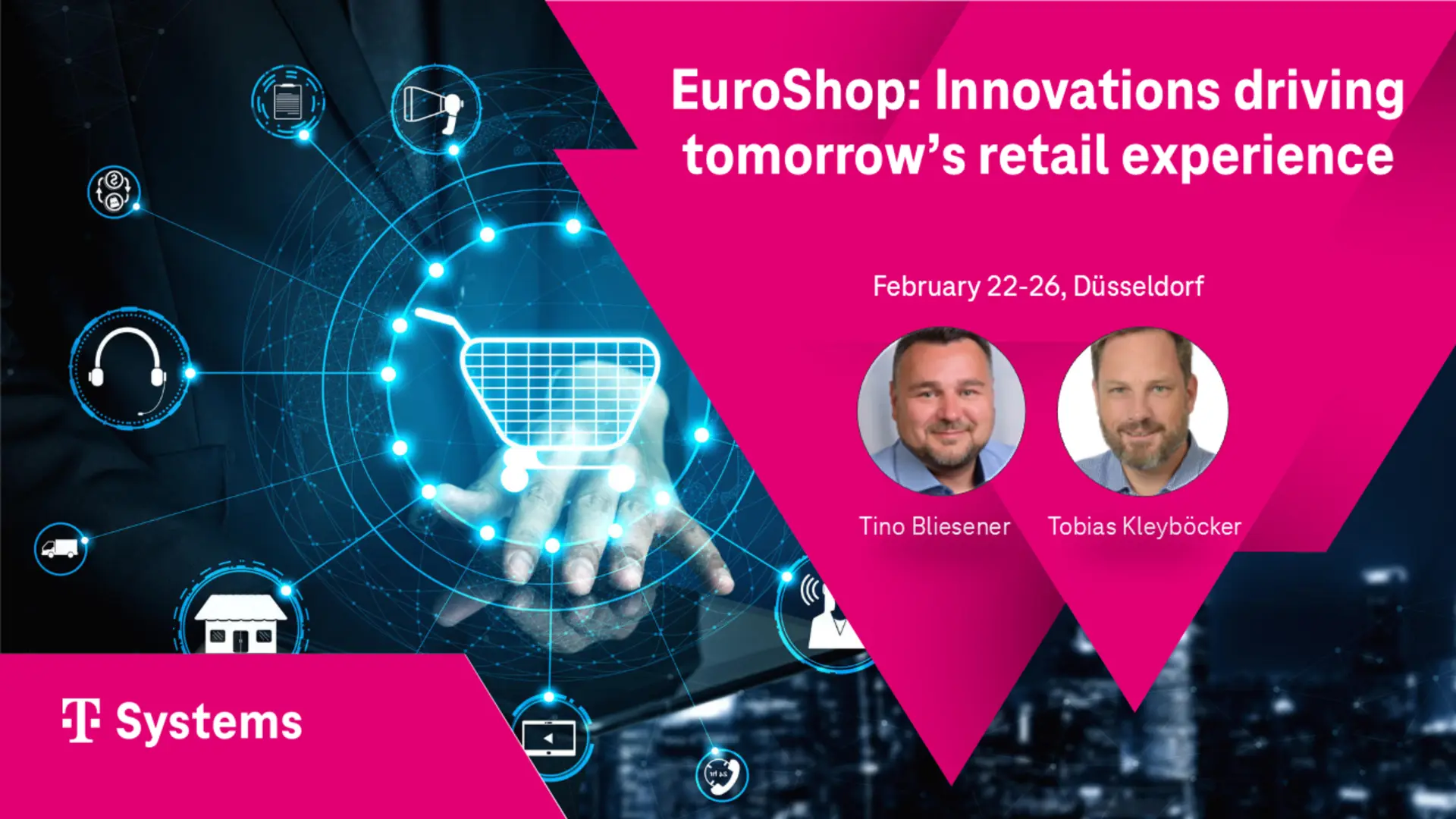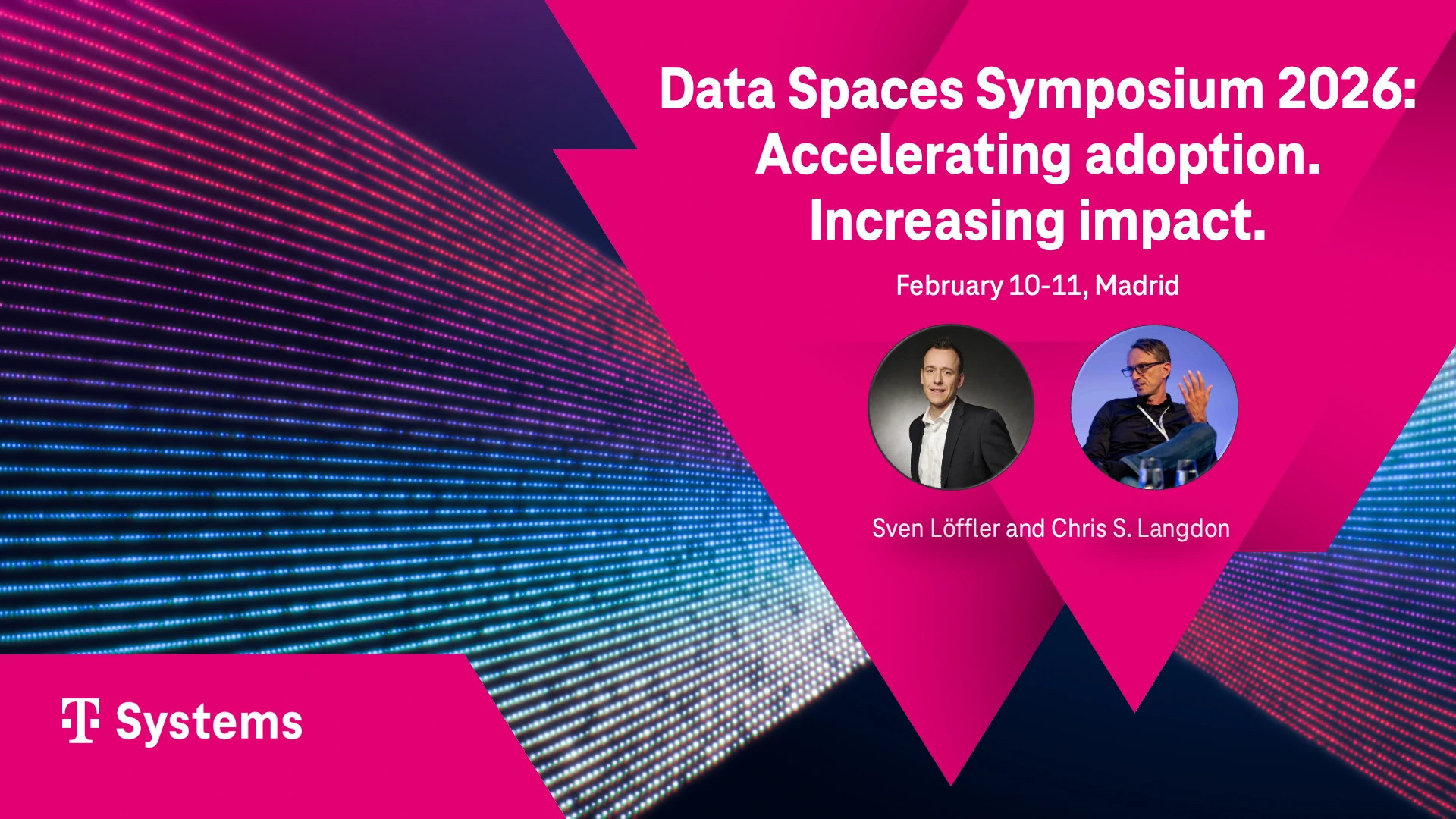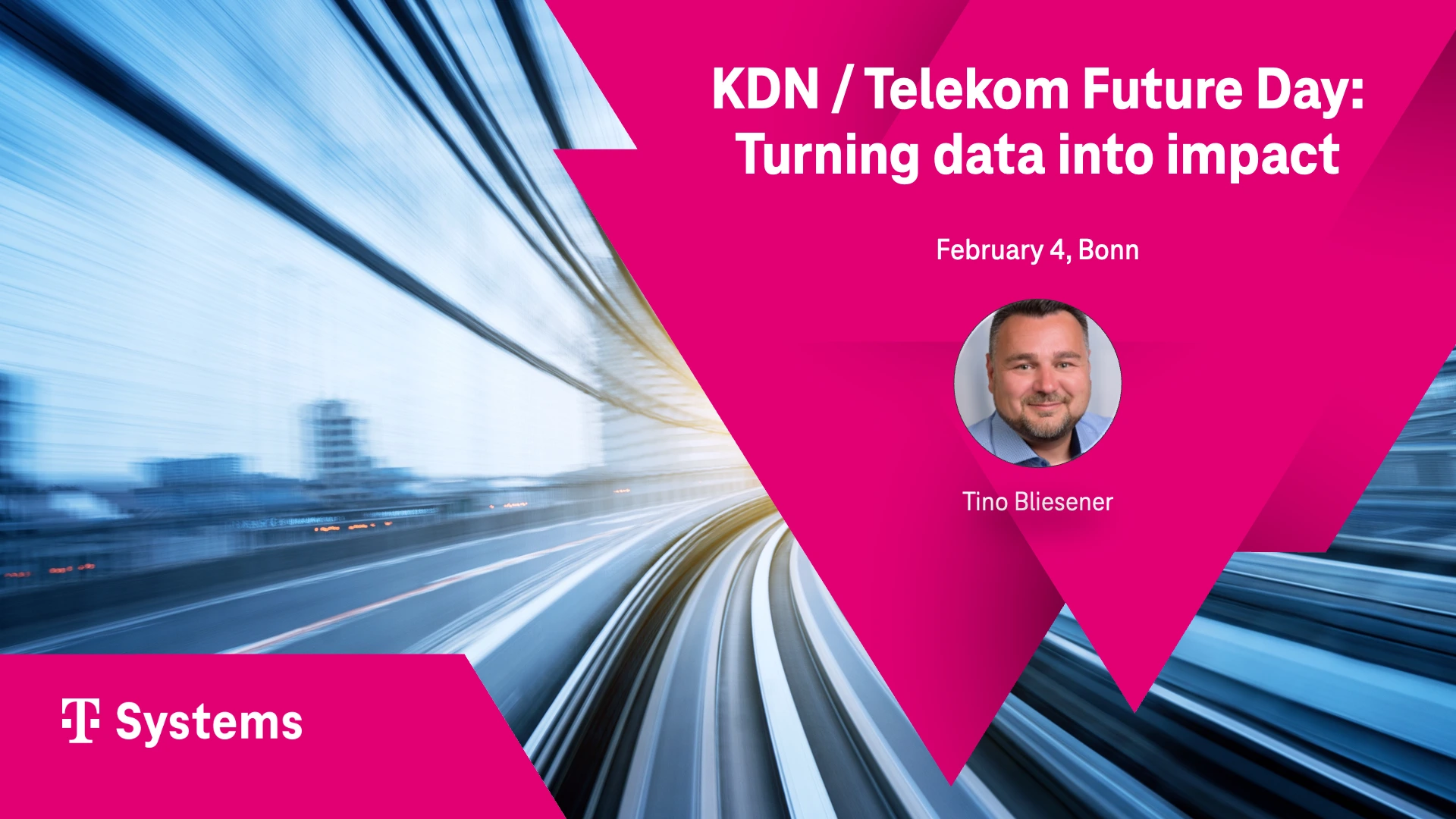Cognitive Computing
Glossar Seite
Cognitive Computing bezieht sich auf die Simulation von menschlichen Denkprozessen mittels eines computergestützten Modells. Dies umfasst selbstlernende Systeme, die Techniken wie Datamining, Mustererkennung und natürliche Sprachverarbeitung einsetzen, um das Funktionieren des menschlichen Gehirns nachzuahmen. Das ultimative Ziel von Cognitive Computing ist die Schaffung automatisierter IT-Systeme, die in der Lage sind, Probleme eigenständig ohne menschliche Intervention zu lösen. Cognitive Computing-Systeme verwenden Machine-Learning-Algorithmen, um kontinuierlich Wissen aus den von ihnen eingelesenen Daten zu erwerben. Die Systeme verbessern ihre Ansätze zur Mustererkennung und Datenverarbeitung, um in der Lage zu sein, neue Probleme zu antizipieren und mögliche Lösungen zu generieren.
http://whatis.techtarget.com/definition/cognitive-computing
Aktuelle Webinare
Aktuelle Artikel
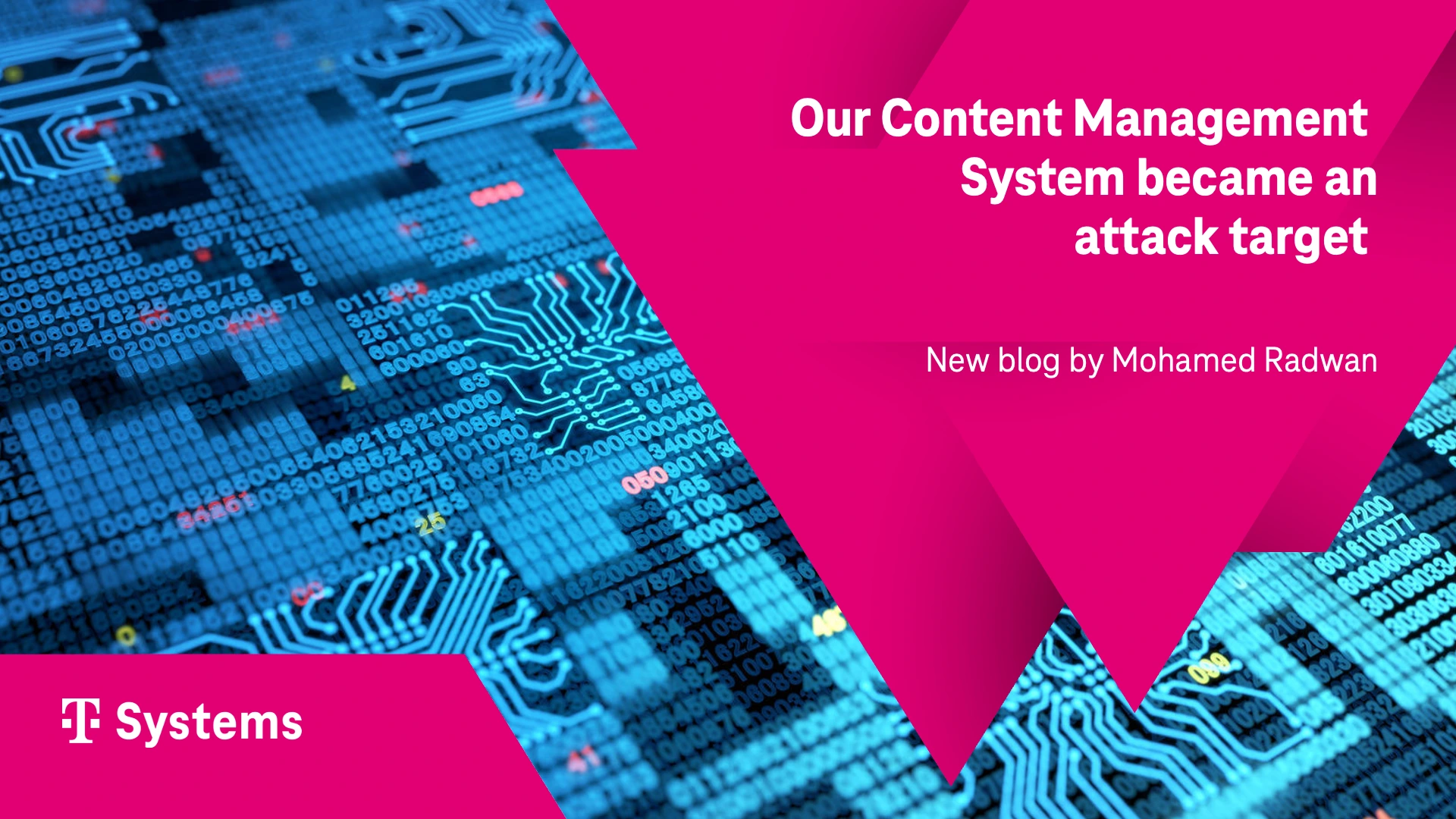
Our Content Management System (CMS) became an attack target
When our CMS became the target of a large-scale DDoS attack, it triggered a real-world stress test of our cloud infrastructure. From saturated load balancers and 100% CPU utilization to emergency mitigation measures, this incident challenged our resilience. By rapidly implementing AWS CloudFront, AWS WAF, and a secure edge-based protection model, we successfully stabilized the system and prevented further disruption. A follow-up attack confirmed the effectiveness of the new architecture, demonstrating how proactive security design and strong collaboration ensure service continuity and long-term resilience.
Weiterlesen

Mohamed Radwan
17. Feb. 2026
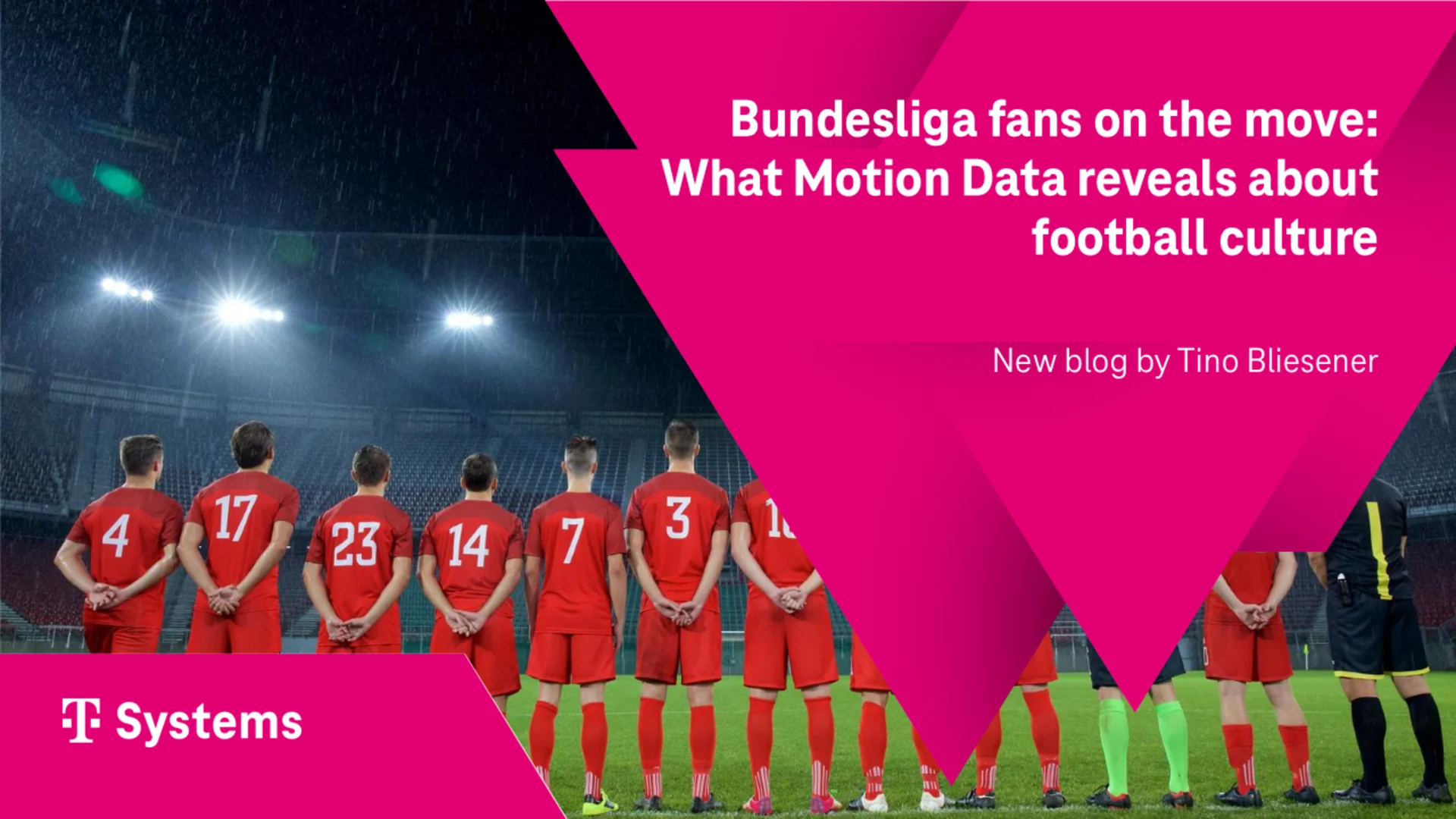
Bundesliga fans on the move: What Motion Data reveals about football culture
The article explores how T‑Systems’ Motion Data leverages anonymized mobile network information to reveal real‑world fan behavior in the 2024/25 Bundesliga season. It highlights how supporters travel to home and away matches, the demographic composition of stadium audiences, and which clubs attract the largest crowds—including surprising cross‑border dynamics. By transforming assumptions into measurable insights, Motion Data enables clubs, cities, and event organizers to improve mobility planning, enhance stadium operations, and design more targeted fan engagement strategies.
Weiterlesen

Tino Bliesener
28. Jan. 2026
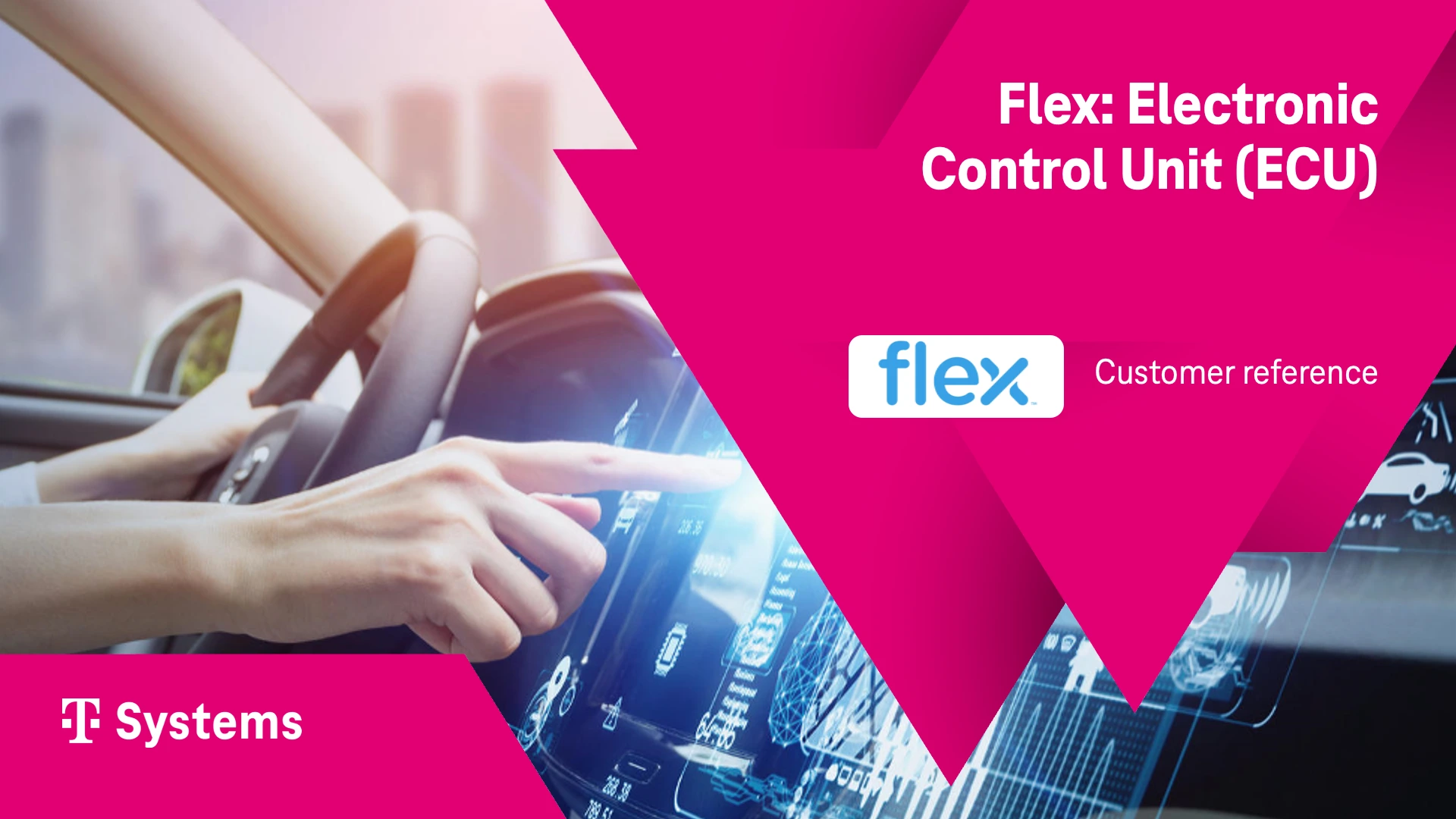
Flex: Electronic Control Unit (ECU)
Flex partnered with T-Systems to migrate ECU data exchange to Catena-X, enabling secure, multiregional, real-time validation across global production sites. Using T-Systems’ Connect & Integrate solution, Flex achieved end-to-end integration, API and Cofinity-X interface testing, and a fully validated production setup. This scalable dataspace foundation now supports future use cases including Product Carbon Footprint, Certificate Management, Battery Pass, and global traceability, while maintaining full data sovereignty.
Weiterlesen

Andrea Garcia
16. Jan. 2026
